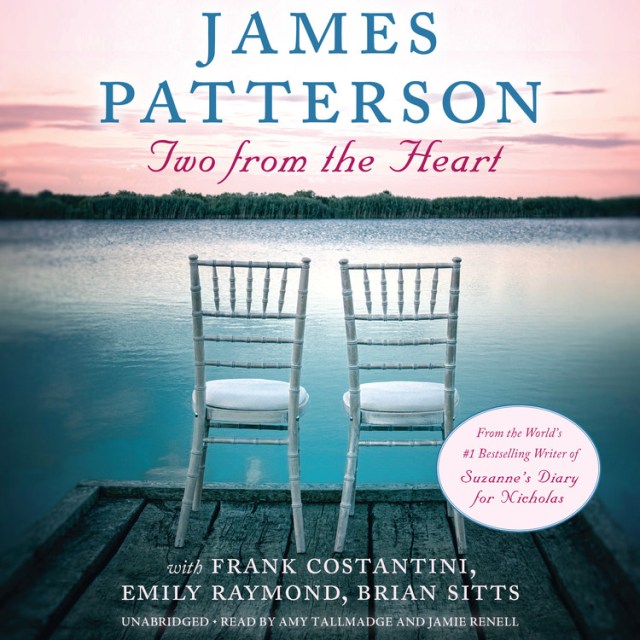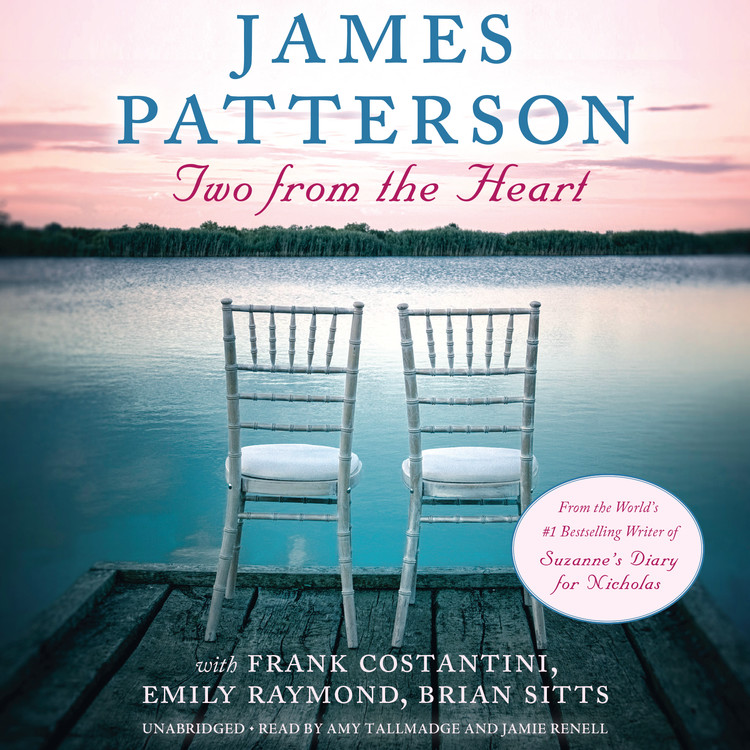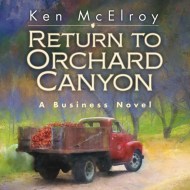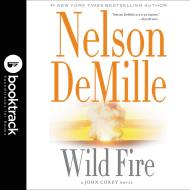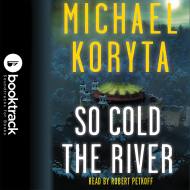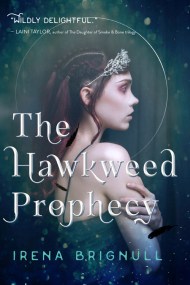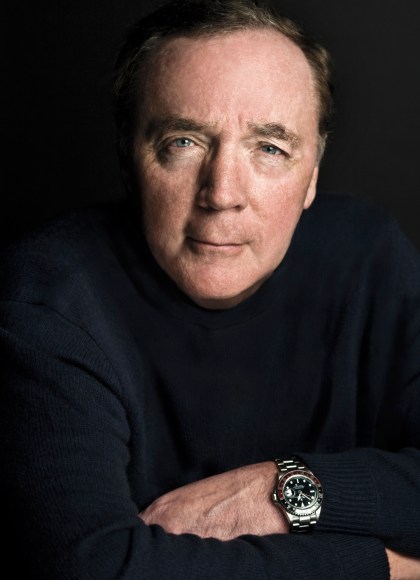Promotion
Use code MOM24 for 20% off site wide + free shipping over $45
Two from the Heart
Contributors
With Frank Costantini
With Emily Raymond
With Brian Sitts
Read by Amy Tallmadge
Read by Jamie Renell
Formats and Prices
Format
Format:
- Audiobook Download (Unabridged)
- ebook $7.99 $9.99 CAD
- Hardcover (Large Print) $40.00 $50.00 CAD
- Trade Paperback $15.99 $20.99 CAD
- Mass Market $7.99 $10.49 CAD
This item is a preorder. Your payment method will be charged immediately, and the product is expected to ship on or around April 10, 2017. This date is subject to change due to shipping delays beyond our control.
Also available from:
Anne McWilliams has lost everything. After her marriage falls apart and a hurricane destroys her home she realizes that her life has fallen out of focus. So she takes to the road to ask long lost friends and strangers a simple question: “What’s your best story?” Can the funny, tragic, inspirational tales she hears on her journey help Anne see what she’s been missing?
Tyler Bron seemingly has it all-a successful company and more money than he knows how to spend. But he has no life. So he hires a struggling novelist to write one for him. There are no limits to the fictional world that Bron’s money can transform into a reality, and he soon becomes the protagonist of a love story beyond his wildest imagination. But will Tyler Bron be able to write the happy ending himself?
Genre:
- On Sale
- Apr 10, 2017
- Publisher
- Hachette Audio
- ISBN-13
- 9781478948858
Newsletter Signup
By clicking ‘Sign Up,’ I acknowledge that I have read and agree to Hachette Book Group’s Privacy Policy and Terms of Use
